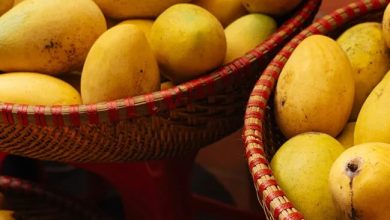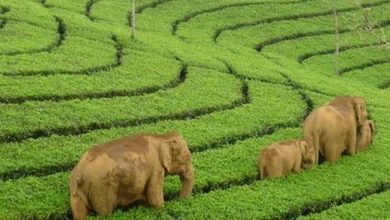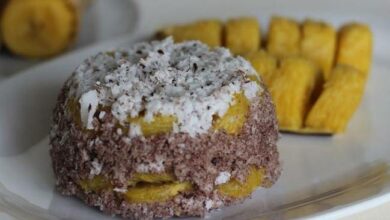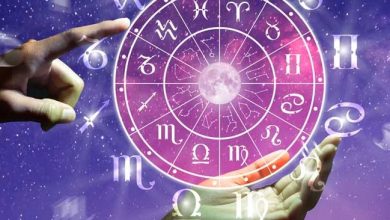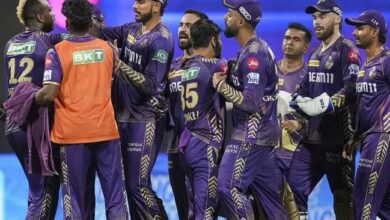Shivaratri Fasting Guide: What to Include and Exclude in Your Diet
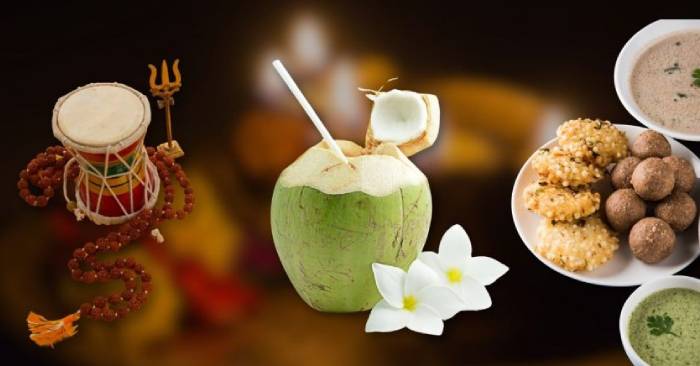
Maha Shivaratri, known as the “Great Night of Shiva,” is a significant Hindu festival dedicated to Lord Shiva. Celebrated annually, it holds spiritual importance and is observed on the chaturdashi, the day before the new moon day, in the month of Magha. According to mythology, Lord Shiva consumed the deadly ‘Kalakooda’ poison on this night, saving the world from destruction. Devotees believe that by offering prayers and staying awake the entire night, they can please Lord Shiva and seek his blessings.
Observing a day-long fast is a common practice during Maha Shivaratri. Devotees wake up early, perform ablutions, apply sacred ash (bhasmam) while chanting ‘Om Namah Shivaya,’ and visit Shiva temples for prayers. A complete fast is observed on Shivaratri day, with some opting for partial fasting. For partial fasting, devotees consume sattvic (pure) foods like fruits, dairy products, nuts, and seeds, while abstaining from grains, lentils, non-vegetarian items, onions, garlic, and strong spices. Fluid intake includes water, herbal teas, and coconut water. Special dishes like Muthira puzhukku, Madhuracherupayar kanji, Astram, and Puzhukku are prepared, offering a healthy and nutritious alternative during the fasting period. Shivaratri serves as an opportunity for devotees to deepen their spiritual practice and reflect on the divine qualities embodied by Lord Shiva.

